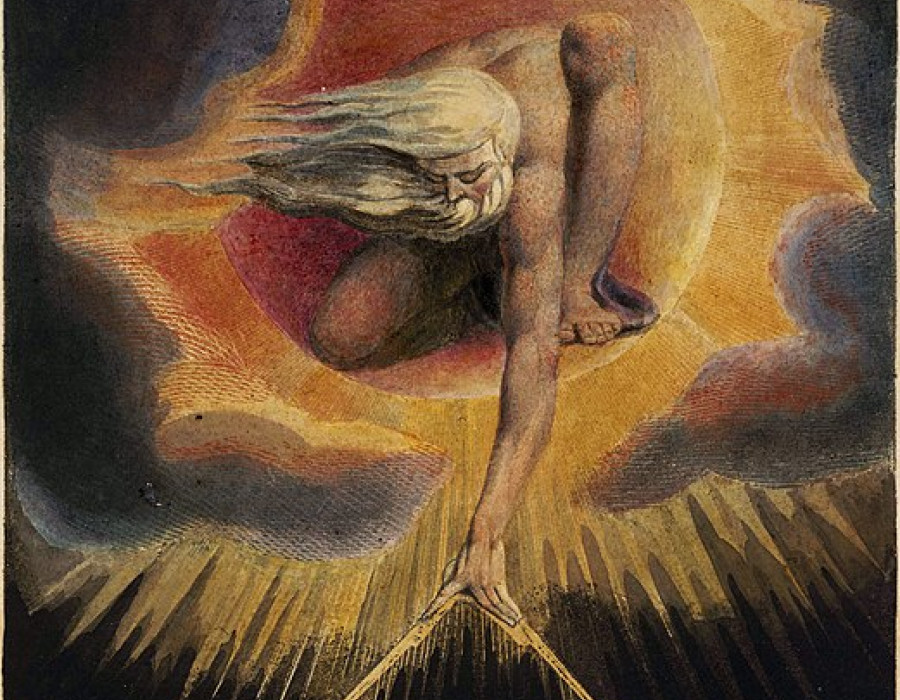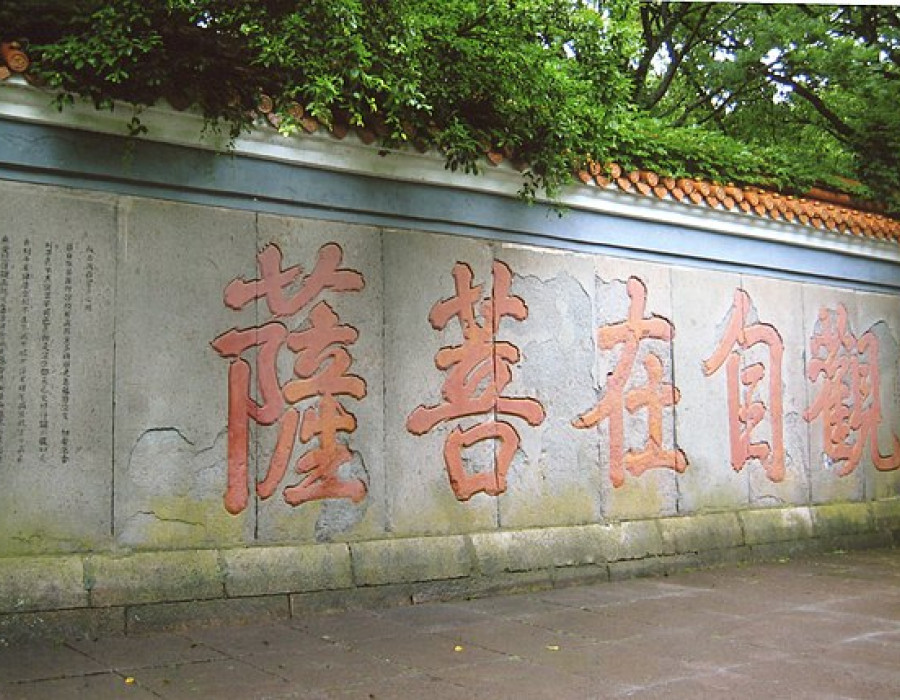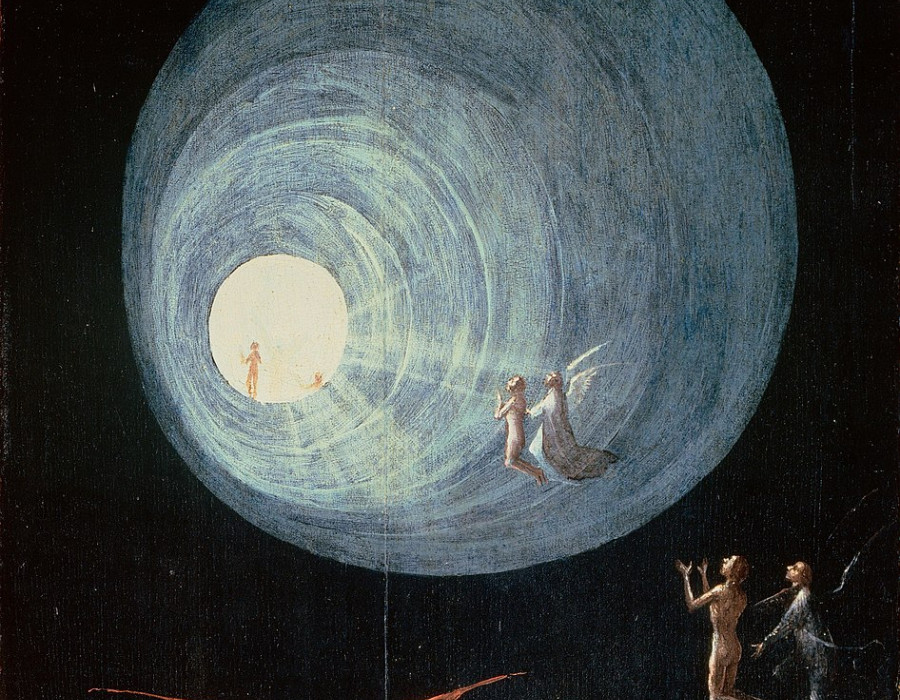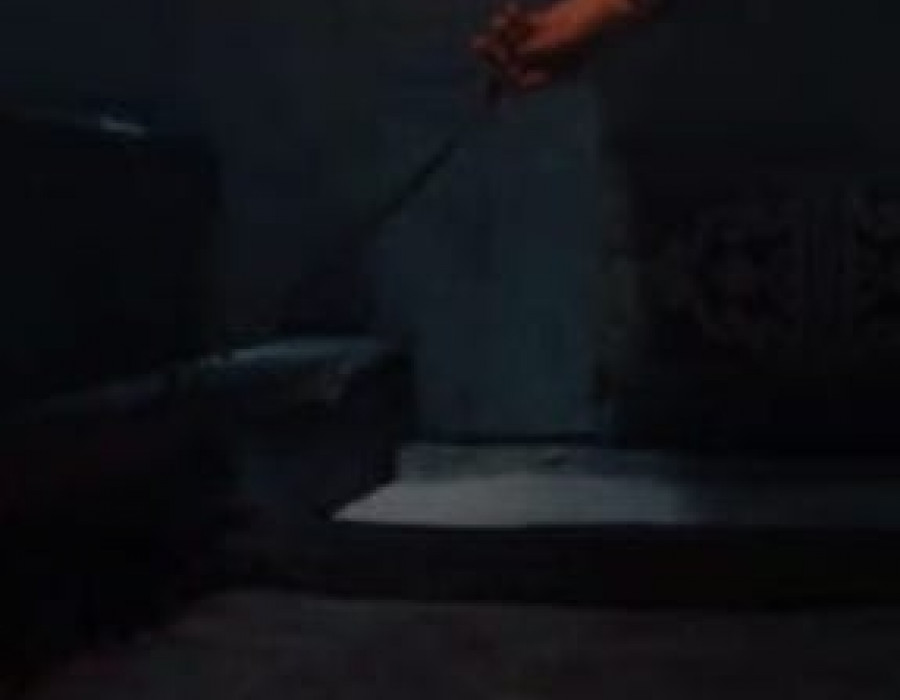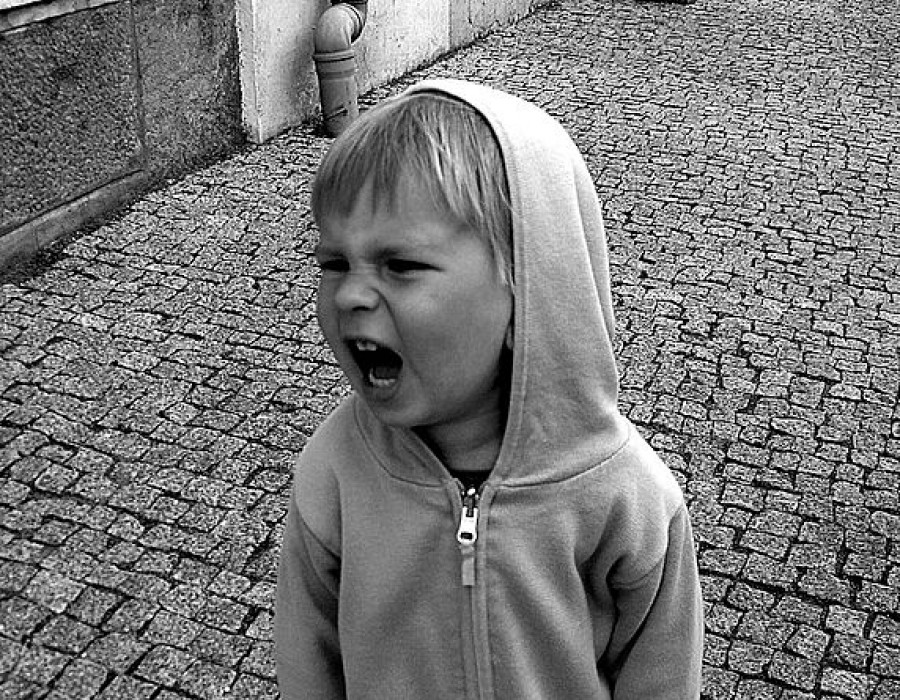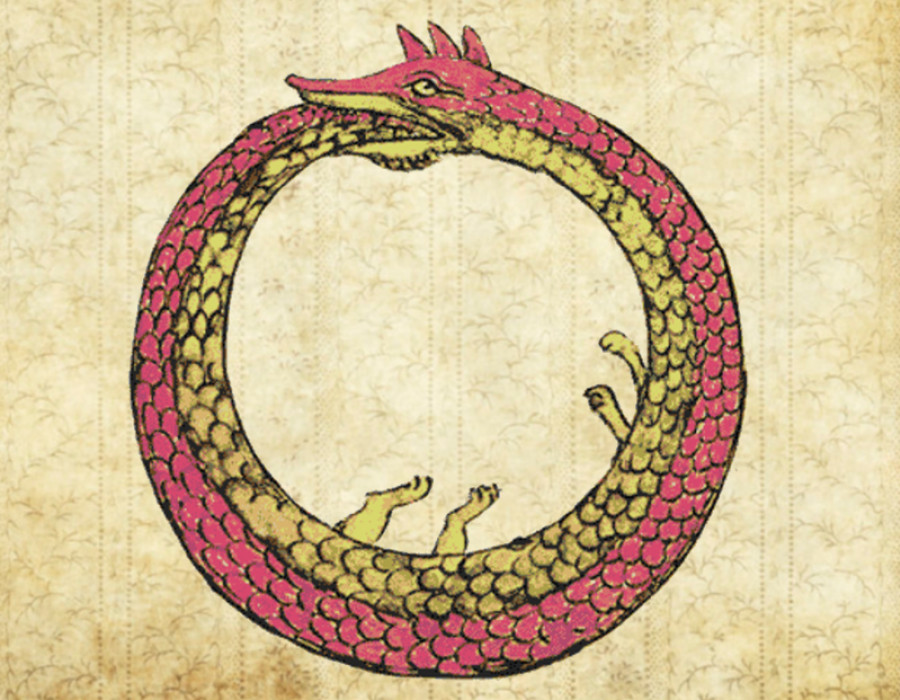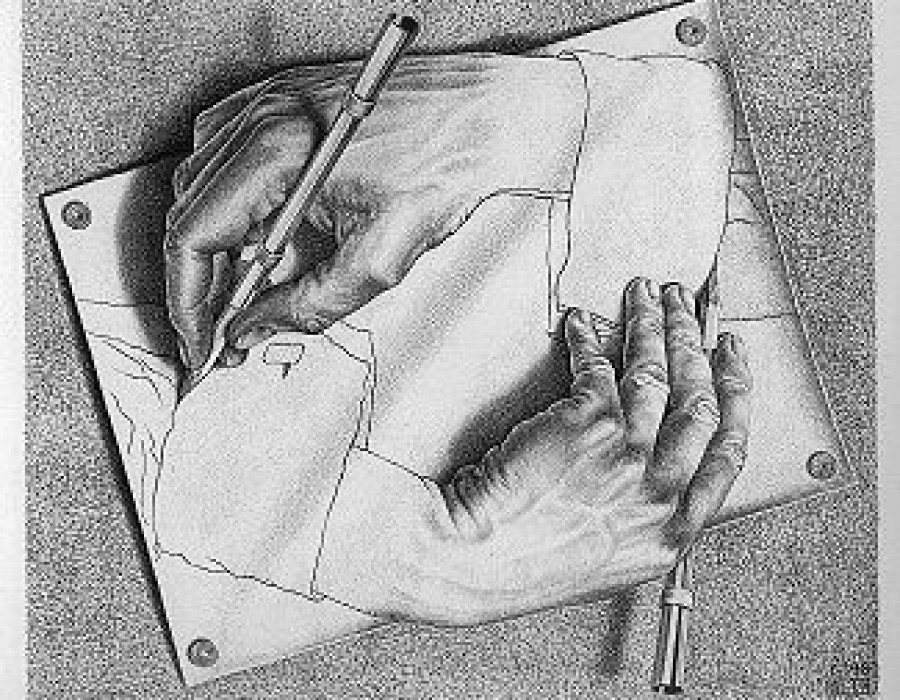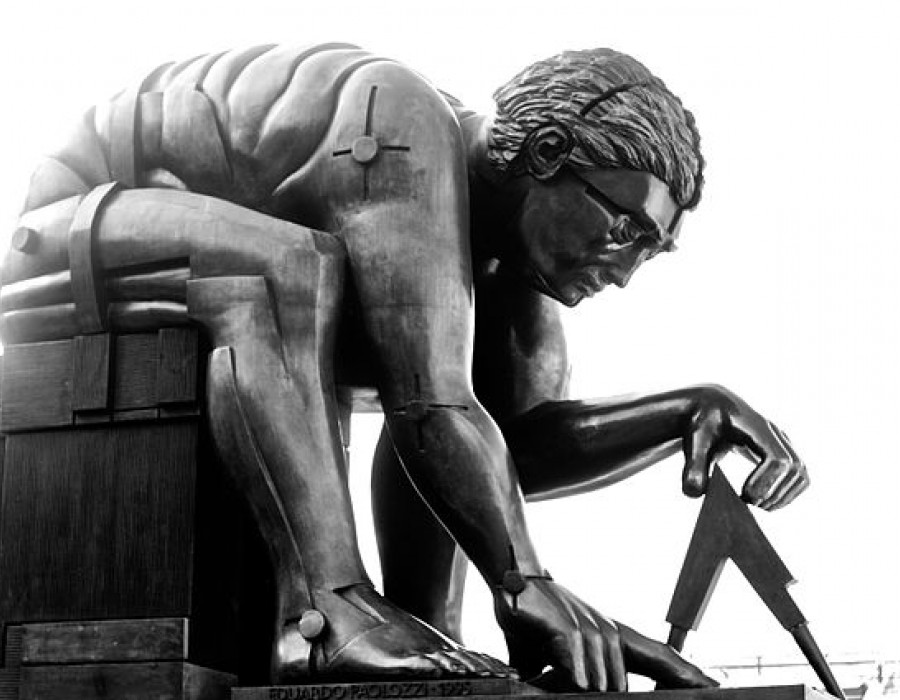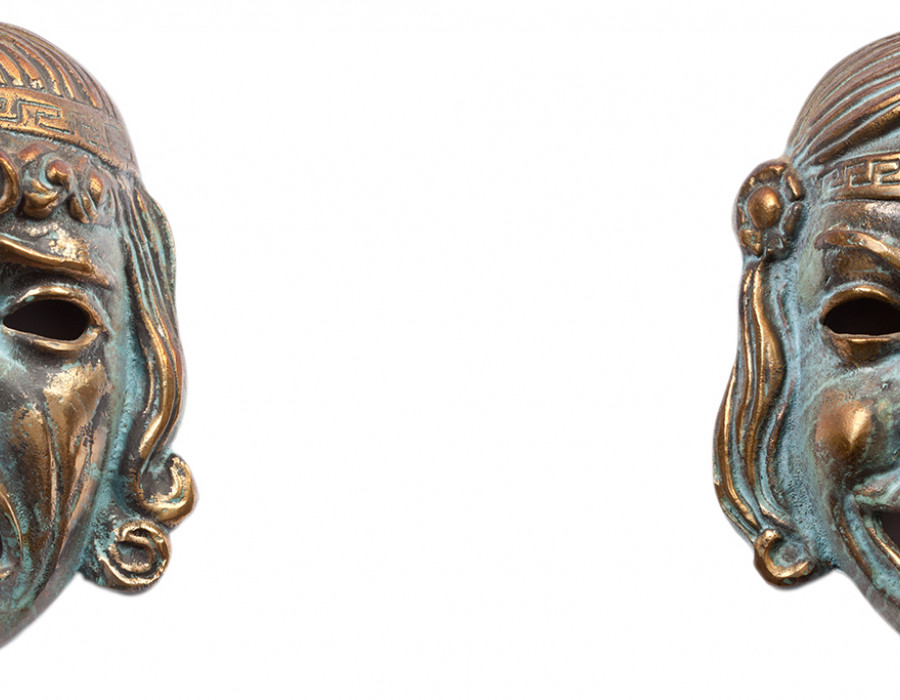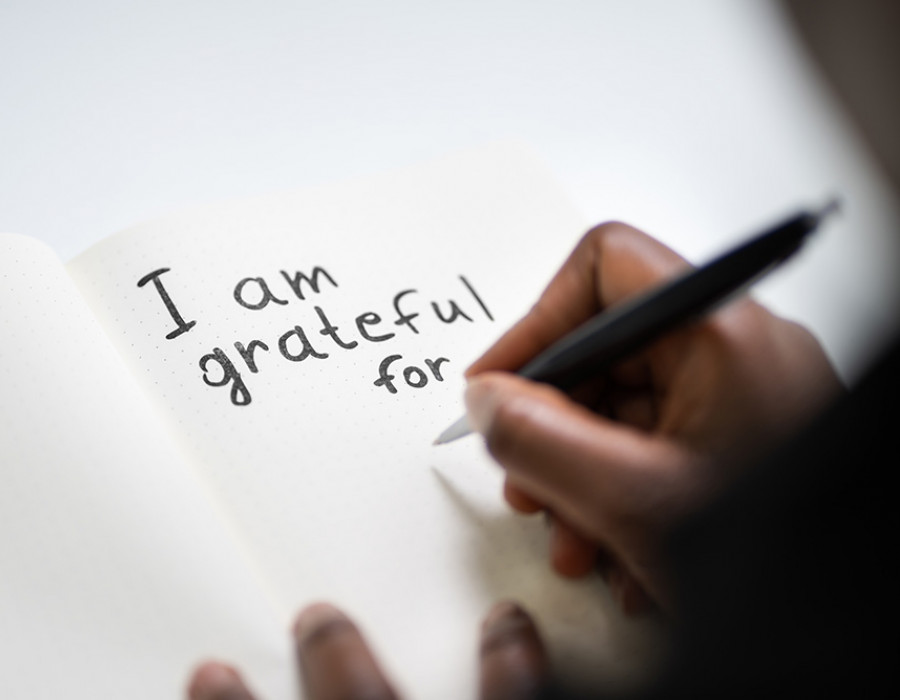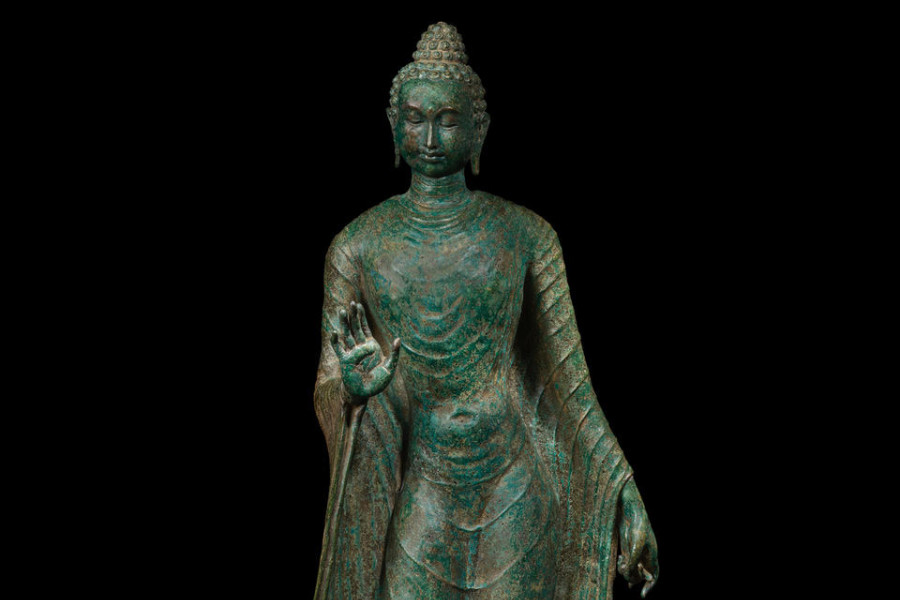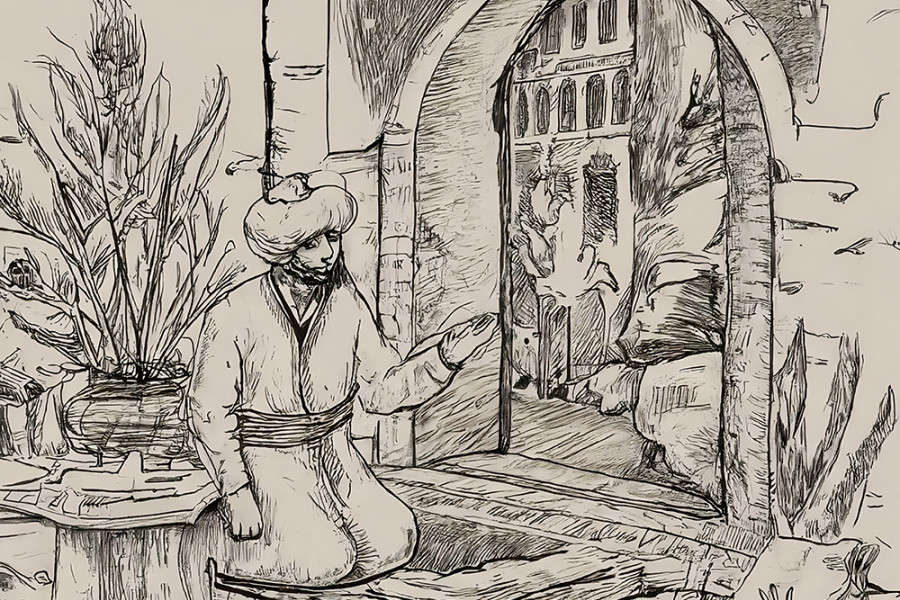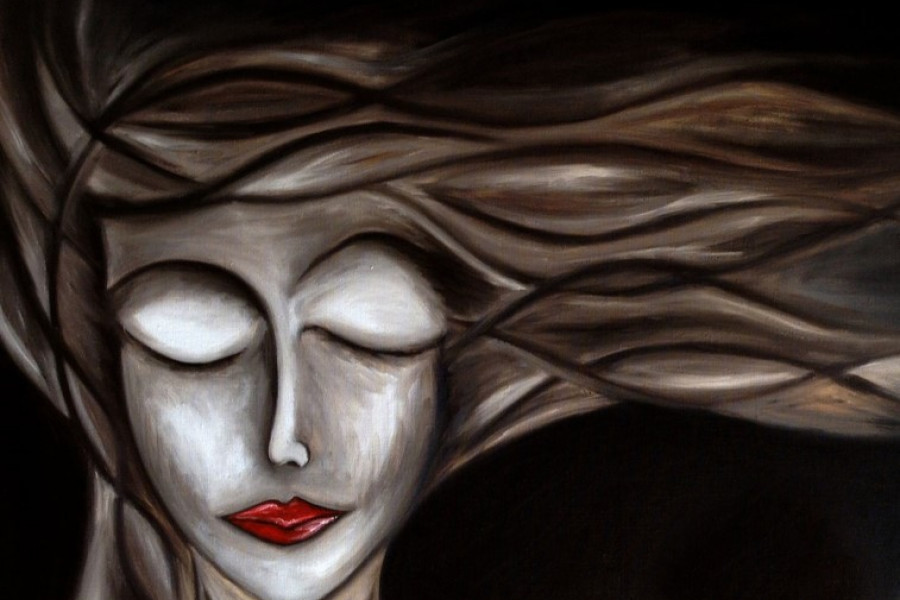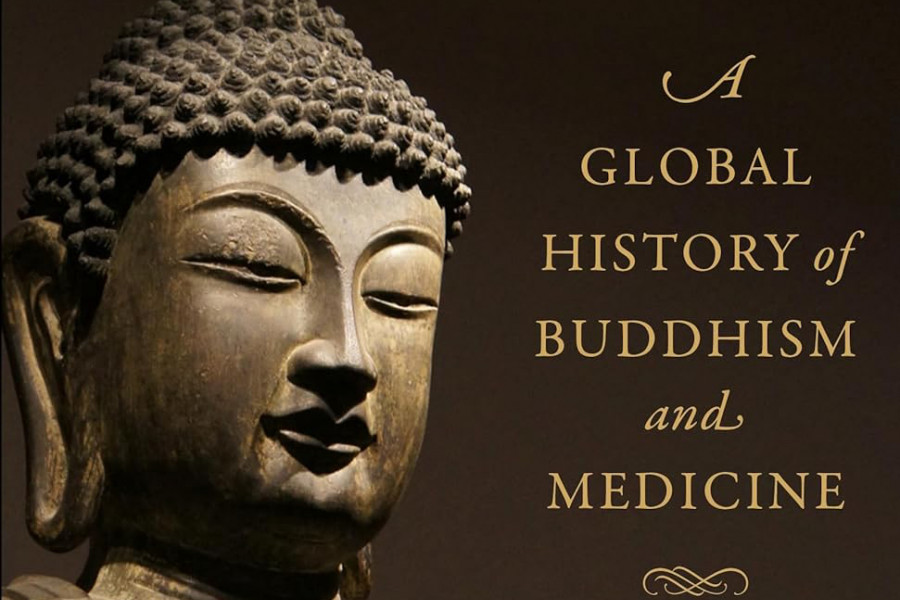Drama, the most important lesson on a School Timetable…
Blog
Nick Julius argues that the teaching of Drama in our secondary schools may be more important than the teaching of ‘hard’ subjects like Mathematics and Science
 ©
© Shutterstock
Once upon a time, (in the late 70s) there was a little boy called ‘Michael’ who went to a very fine school and he was very happy there.
They taught him about real things, important things, things that you could touch, and had substance. He learnt about how to conjugate verbs in Latin. He could tell you when an important battle happened and he could recite stirring verses by Kipling, Milton and Shakespeare which he learnt by rote.
Michael could recite his periodic table and knew many, many mathematical and scientific formulae.
Michael did so well he went to a big fine university and got VERY interested in politics.
When Michael was older, he got an important job as the Minister for Education. He was very excited about this because he knew that if he could transform education so that every child’s experience of school mirrored his own, this barren wasteland would become a verdant paradise.
He would wipe away the menace of Liberal Education that for so long had weakened the moral and intellectual fibre of this country. In his schools there would be no room for the ‘wishy, washy’. The Arts especially were a waste of time and money. Dance, Art, Drama and Music, at best a hobby, at worst a distraction – Mickey Mouse subjects which devalued league tables.
Because League tables are what really mattered.
But I am here to disagree with Mr. Gove.
I wish to assert that there are no subjects which matter more. I am going to suggest that Drama is the most vital, the most essential and the most important subject on the school curriculum.
I might even suggest that it could save the human race!
Interestingly, I think I might have the Dalai Lama in my corner.
I watched the speech he gave at the Glastonbury Festival when it was on the BBC iPlayer and he talks about education as being the catalyst for change – but not education as Michael knows it.
He recognises that we live in an increasingly secular world and he posits that the cure for the horrors we witness in the news on a daily basis is in the secular education of children and young people.
An education, not dependent on religious authority, knowledge or doctrine, but the systematic development of a child’s empathetic capacity. I see this as possible only by unlocking and nurturing imagination. ‘Wishy, washy’ imagination.
The Dalai Lama talked about the fact that he treasures his life.
Most sane people treasure their lives too and want to live happy lives free of suffering.
The imaginative leap is to grasp that the value I place on ‘my’ life is shared by others who are not me and who may be strange to me and who do not share my values nor my world view.
The Dalai Lama says once this is grasped the idea of doing harm to another human becomes insane.
If only there was a subject at school which made children imagine they were someone else.
A subject that made them walk in the footsteps of others who were not like them.
I think you know where I am going with this…right? Drama.
There it is!
A lesson in which the world of the imagination is explored through storytelling. Where a child can walk in to a classroom and find themselves discovering what it might be like to feel frail and old – worried about the trick or treaters at Halloween.
The next week travelling to distant lands imagining what life might be like if they had to live by collecting treasures from garbage piles.
The next catapulted into the distant future or the past.
Living each of these lives. Connecting with a common humanity. What an amazing opportunity for learning! With maybe a simple prop or two, some basic lighting or costume, a bit of music, something magical happens.
And isn’t drama & poetry wonderful for reminding us about how interconnected we are?
We can cry or laugh at a piece of poetry or a play that is hundreds of years old or from another culture or translated from a different language. In spite of that cultural or temporal divide it connects with us today on a visceral level and we are reminded of that commonality, that essential humanity.
Besides – all that concrete stuff Michael wants the children to learn is ultimately poor preparation for the road ahead. I studied computers at school. I learnt how to programme my BBC Computers in Basic.
How useful is that today?
Most of what is being taught as Science, Engineering and ICT today in schools is irrelevant and out of date as soon as it leaves the teacher’s mouth. I’m not saying these things are without value – that would be ridiculous.
However, I still maintain Drama is more important.
The jobs of the future are really unknowable. What youngsters need today is creativity, communication skills, team work, flexibility, the ability to think on their feet, to adapt.
These are not knowledge- based skills.
They are practical and they are core to the Performing Arts.
We are not very far away from systems which will allow us to instantly draw any information we need or want directly, from the web, with a thought. Is that your idea of utopia or dystopia?
Doesn’t matter; really, it is coming.
So, what then if you can recite Milton from memory?
Not convinced?
Listen to this Ted Talk from Sir Ken Robinson – if he does not convince you then nothing will!
You will probably choose the short version at first but it’s so good you will want to hear the full hour!
The Zen Gateway Blog
Dharma, Culture, Philosophy & Life-ways
Dharma Centre
We have just launched our online Dharma Centre. All are welcome...
Join our Community!
